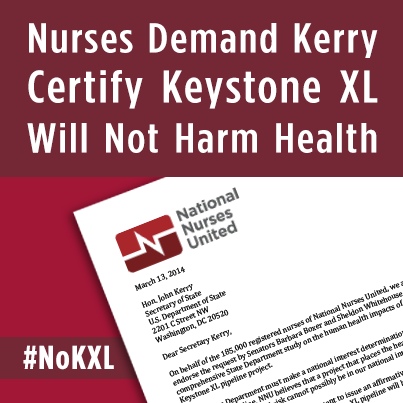Ask a Travel Nurse Question:
I’m about to sign on for my first travel nurse assignment. Should I take the housing allowance and find my own place or should I take paid housing arrangements through the agency?
Ask a Travel Nurse Answer:
On your first assignment, I strongly suggest taking the company provided housing. It’s just too many things for a first-time traveler to deal with on their first contract.
Hopefully, you have a company that is willing to put you up in a one-bedroom apartment versus an extended stay hotel (which is generally “lower tier” housing).
Once you have the swing of things, then you can consider looking for housing on your third or fourth contract. I have been at this just shy of 20 years and yet I still let my company arrange my housing. Just too much work and too many factors (like contract cancellations) that increase the risk of taking the stipend and finding your own housing.
Don’t get me wrong, many people do it and prefer it, but it IS extra work. Extra work I’m happy to let my company assume when I’m going into a new environment for the first time. If there are problems, then someone else (my company) has to deal with them. If you are on your own with your housing, any issues will need to be resolved by you (while trying to go through orientation, start your days on the unit, and figuring out a new hospital system).
Also feel free to seek out other travelers who do arrange housing for themselves, in the online travel nursing forums. Some good travel nurse forums can be found at ultimatenurse.com, allnurses.com, and the Delphi forum for traveling professionals (go to delphiforums.com, look for the box on the right that says “Explore existing forums,” type in “travel nursing” and the top result is a group called Travel Nurses and Therapists).
You can also join Healthcare Travelbook (healthcaretravelbook.com), which is a sort of Facebook style place for travelers and also has a forum.
I hope this helps!
David





